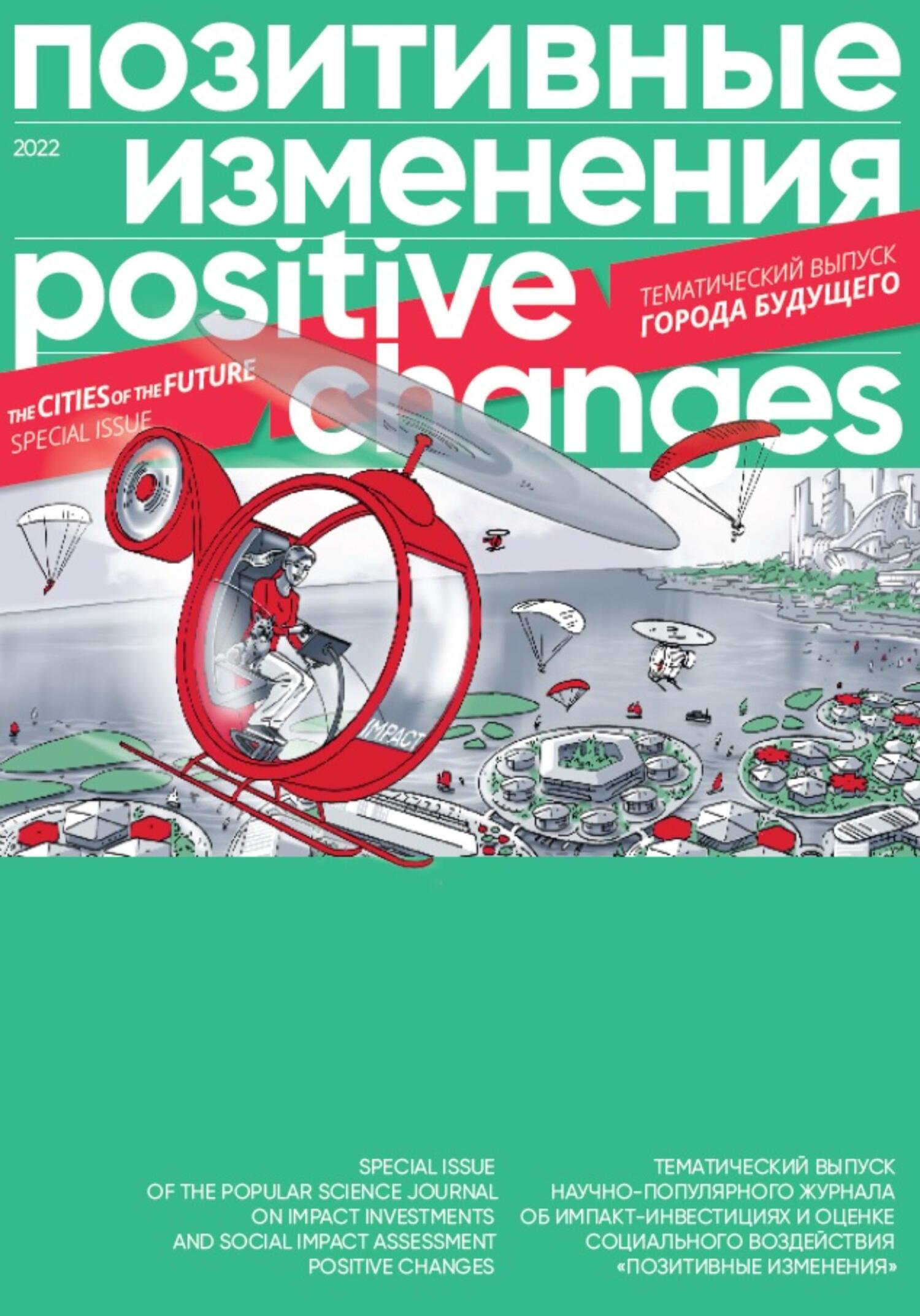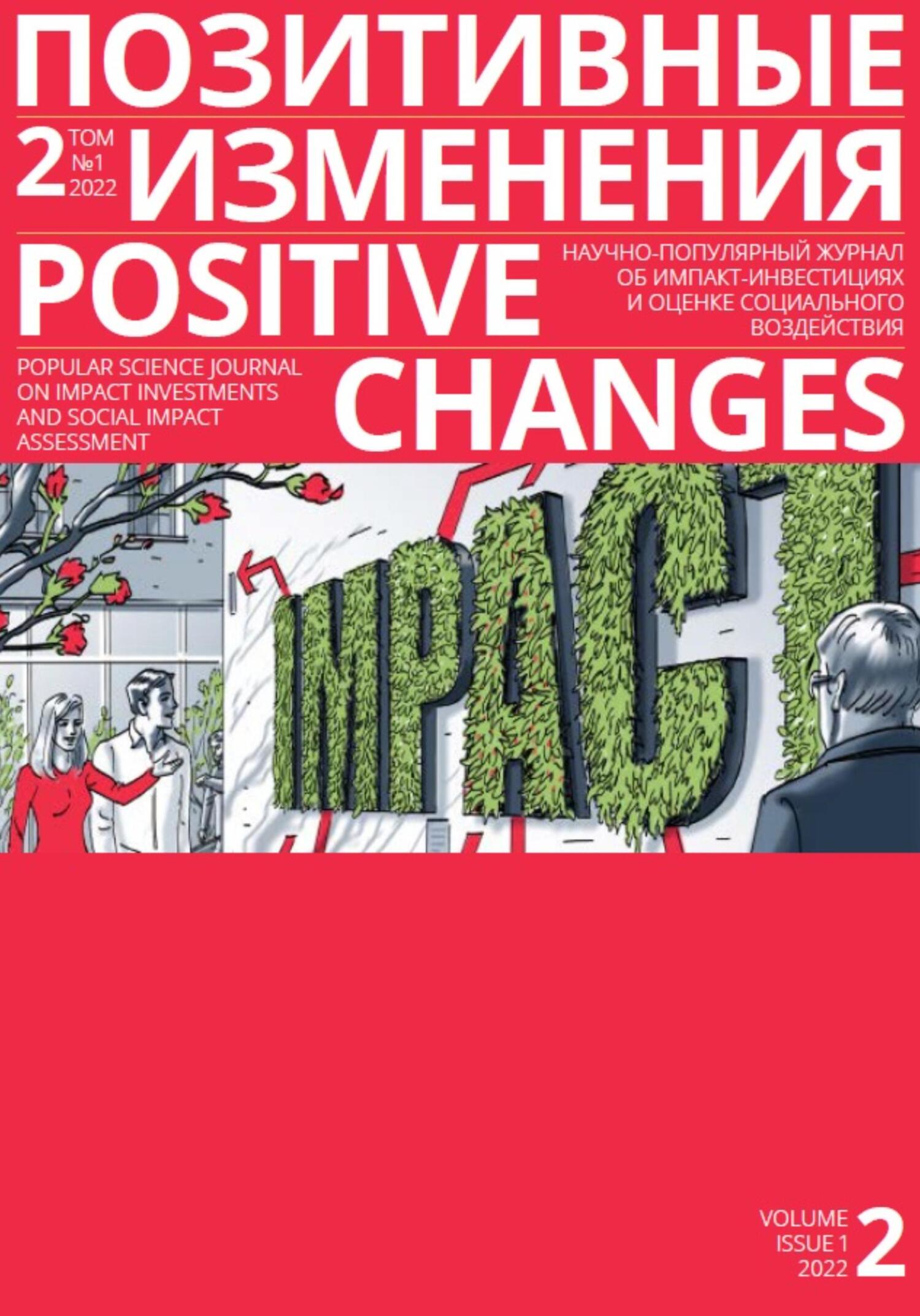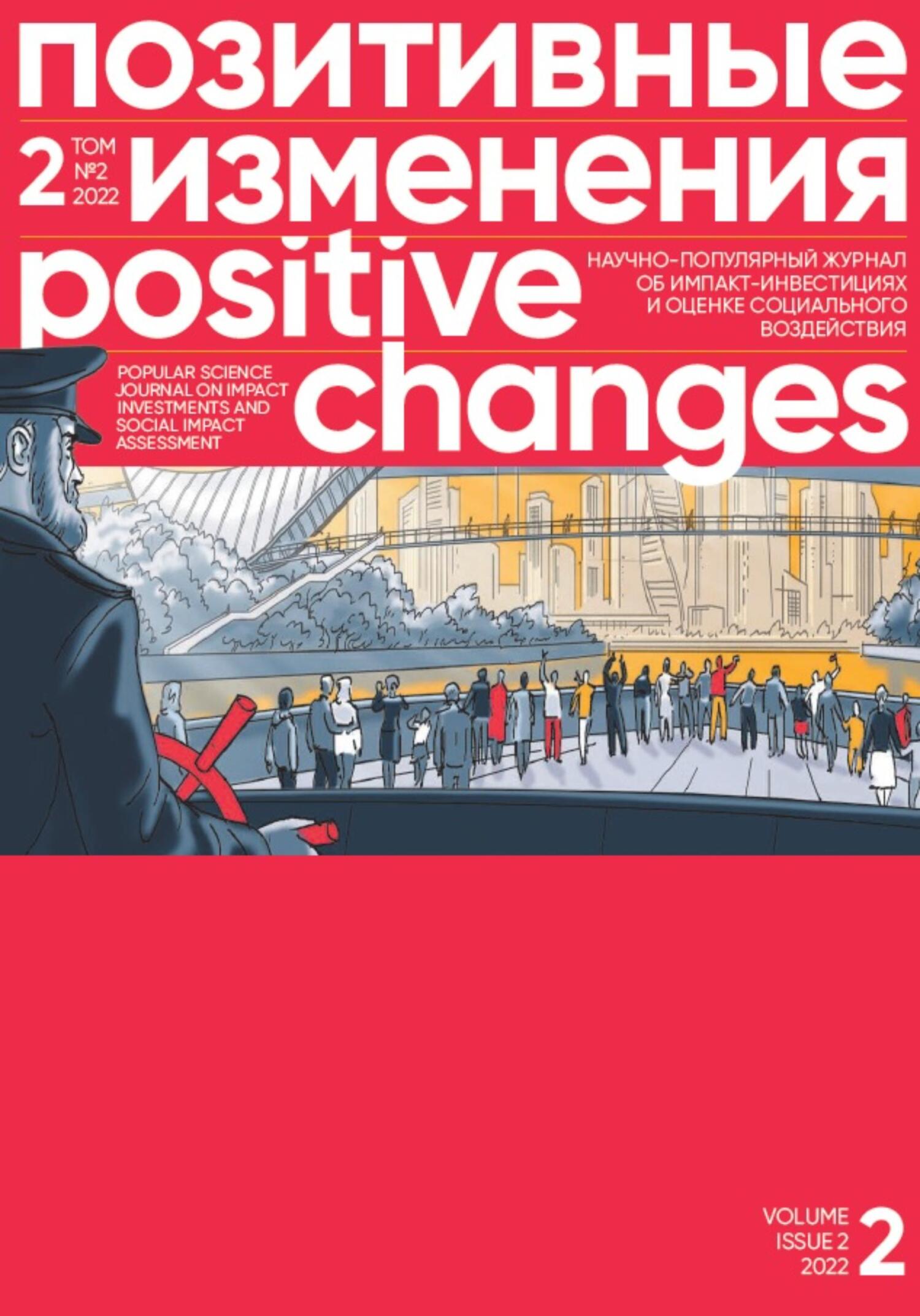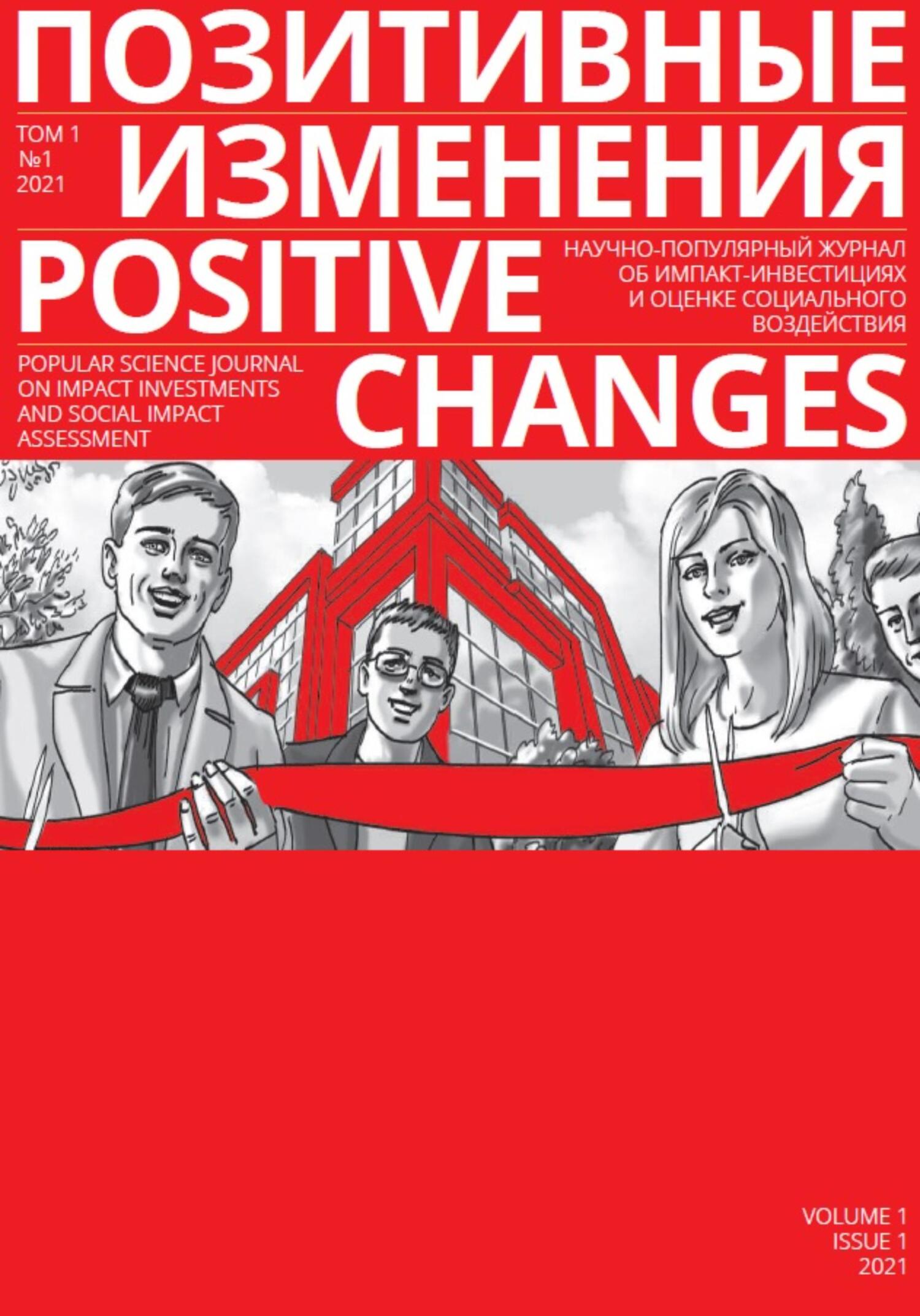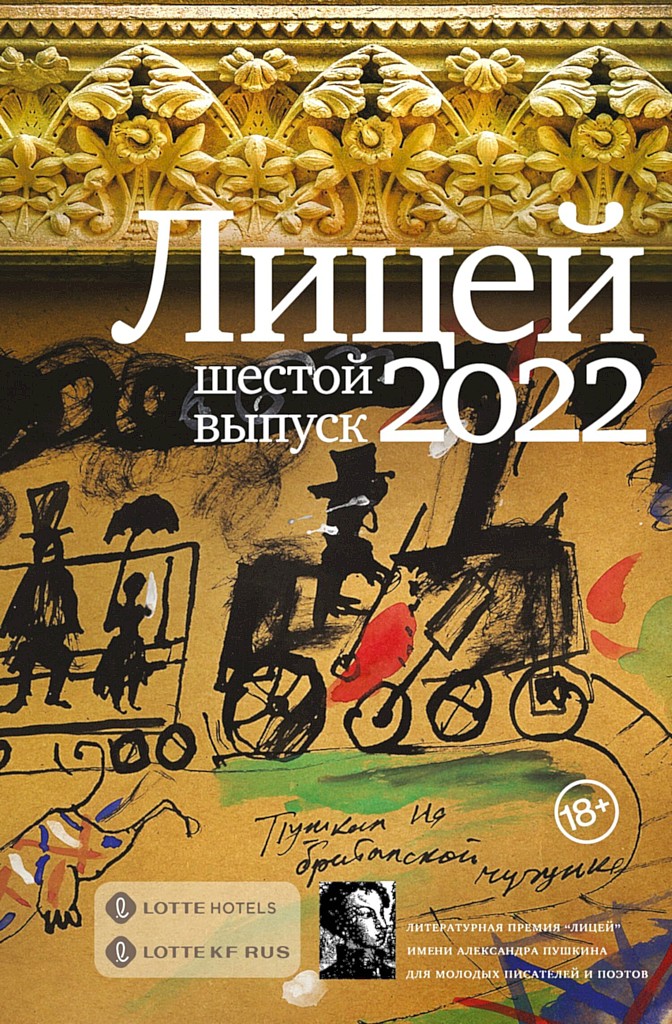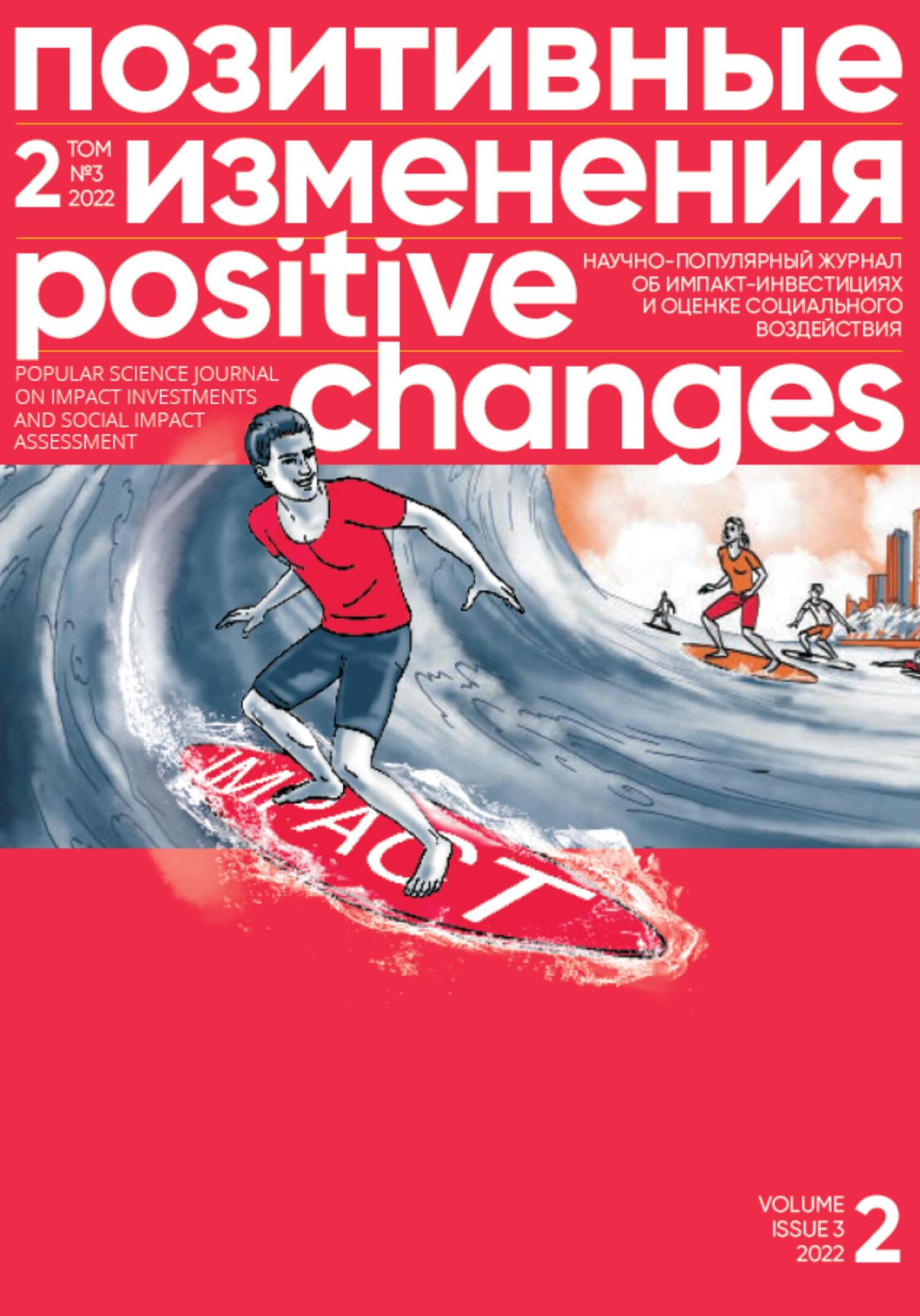the elderly, young parents, and many others? All the while without forgetting themselves, their family, ambitions and goals. The answer is simple — there is no way.
Marshall Ganz at Harvard University’s Kennedy School of Government, who has studied a large number of approaches to civil society organization processes, gives this notion of leadership specifically for communities:
• a leader is a person who takes responsibility to enable others in the community to achieve their common goal in the face of uncertainty. Here the focus naturally shifts from one person’s interests, ambitions and plans to the "cultivation" of a leadership network that grows continuously, making the community more sustainable. This reduces the risk of the leader burning out or moving, because the focus is on universal values that bring different people together. Not the interests of any professional group. Not a solution to an urgent problem that literally forced people to come together.
This understanding of leadership is used by Universal University, Strelka Online Institute, the Agency for Strategic Initiatives, the "People Make a Place" Urban Change Workshop, and other organizations in different areas — for territorial development, creative industries, and volunteer projects of various kinds. This fundamentally changes the approach to both the accompanying program for those who would like to work with the community and the focus for which they can come together.
In essence, the leader here is no longer a leader, but rather a facilitator, a coordinator who gradually moves further and further away from the "center of control," without preventing other active residents from expressing themselves and taking some responsibility for the common future and present. The self-development model of local communities assumes that the community itself (not just one person) is able to determine its priority problems, the forms and methods of their solution, the timing of specific projects. This is precisely the type of community that should manifest the very ideal stage of solidarity according to Jodi Dean’s classification — reflective solidarity, because the beneficiaries (various vulnerable groups, among others) are not simply engaged in the action from the start, but are full participants of the action.
When working with a local community, different principles come to the fore, because unification is most often about improving the quality of life for all residents in the entire area:
• Sustainability, so as to minimize the risks associated with changes in the financing structure or composition of participants. They are aimed at making the community self-replicating (i.e., attracting new members), strengthening internal and external linkages, and receiving funding from diversified sources;
• Dialogue and cooperation are the basic principles of strengthening social linkages. That is, the local community is not a passive beneficiary, but an equal participant and leader in the project.
In order to accumulate expertise in community development with a view on reflective solidarity, that is, the conscious inclusion of different, not necessarily active and resourceful population groups, the Foundation launched a cross-program pilot project Solidarity Communities in 2021. It was based on the best practices and approaches of Cultural Mosaic, while focusing on a different principle of setting up competitive selection and accompanying program.
The primary hypothesis of the pilot project was built around dialogue and collaboration within the community:
Thesis 1: the consolidation of the local community with the participation groups of residents in the same area but with different values and interests is a more effective form of solving local problems than the initiatives of individual activist groups or residents.
By building the pilot project around certain values and concepts, the Foundation expected that its participants would:
• purposefully include representatives of vulnerable groups as project beneficiaries;
• seek to create points of growth in the local economy;
• try to avoid an infrastructural focus and prefer a social focus rather than performing beautification or conducting festivals;
• study the social environment of their territories — surveying residents, discussing their needs and taking them into account in the design and implementation of projects;
• create partnerships with the groups they haven’t worked with before;
• build the projects around the opinions and interests of the majority of residents.
The Foundation selected three regions of the Russian Federation to pilot the project in 2021: Nizhny Novgorod Region, Perm Krai, and Arkhangelsk Region. After analyzing the results, the project concept was expanded to include two more regions — Primorsky Krai and Samara Region. In 2022, the competition became harder for the applicants. They had one more condition to meet — conduct small opinion surveys in their territories and discuss the needs and problems with local residents. At the same time, the focus on involving and including not only a few recognized opinion leaders, but also residents "disengaged" from such activity, including representatives of vulnerable groups living in the territory — was strengthened and included in the requirements for applications and in the evaluation criteria.
The hypothesis was supplemented with a new thesis reflecting the influence of local communities on the economic development of the territory.
Thesis 2: The development of local communities can generate new economic forms of activity in the territory and contribute to its development in the long term.
The pilot stage of the project is still a few months away; the final assessment of the effects will be obtained in February 2023. However, there are a number of conclusions that the Foundation has already made for itself at this stage after working in this direction for almost two years.
1. The closer and clearer the subject matter of the project is to the majority of local residents, the greater response and engagement it generates. In both 2021 and 2022, projects related to area beautification and leisure (sports, culture, tourism) accounted for about 60 % of the total number of winners.
2. The more compact the area, the more engaged residents are, because the ties within the community (social capital) are higher. According to the interviews conducted by the Foundation
